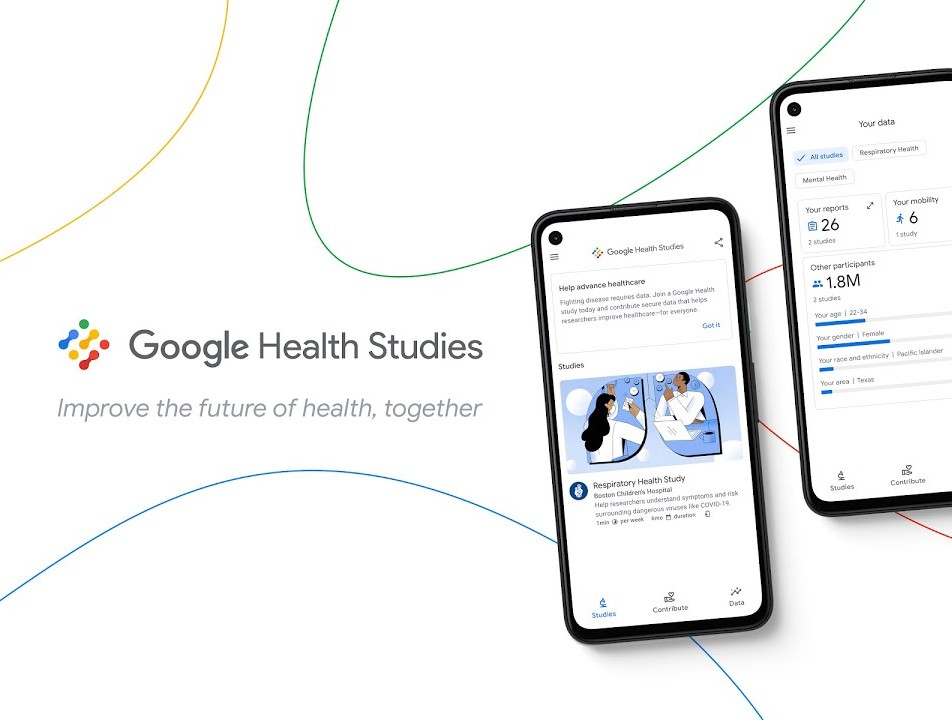A human life tends to house many important elements, but if we are talking about the most important one, it has to be our curiosity. You see, when you are able to stay curious under all situations, you end up bolstering your likelihood of achieving some notable milestones along the way. Now, while we, on our part, would hit on plenty, none of them will turn out to be as significant as technology. Technology’s credentials are pretty clear-cut in this regard due to more than one reason. We start off with its ingenious skill-set, which by the way wasn’t anything like we had ever seen before. Nevertheless, what shook out to be an even bigger reason was the creation’s reach. Despite being somewhat of a solitary concept, technology was somehow successful in impacting each and every area on the human spectrum. This expectantly produced many beneficiaries, and yes, our medical sector happened to be one of them. In fact, technology’s linkup with healthcare deserves a higher pedestal than the rest, as it came at a time when the sector was really on a downward spiral. The creation halted the stated skid by reinventing the sector’s core methodologies. In fact, even after giving healthcare a whole new identity, it would continue to improve things under one capacity or the other. The same fact is pretty evident in a recently-launched study.
The researching team at University of Oregon has officially launched a study on the potential effect phones can have on our mental health. According to certain reports, the researchers will employ Google’s Health Studies app for facilitating the relevant assessments, and consequentially, help companies design better products moving forward. Beyond that, the study will also use the collected data to reshape integral policies over time. Talk about why they chose the particular app that they did, the researchers explained their decision by pointing out how it can assist them in taking a more active role throughout the process. Instead of asking the users to track their own progress, it gives all the power to the researchers, therefore ensuring more accurate results than we could have expected otherwise. Apart from accuracy, the lesser burden on participants should play some role in attracting a bigger set of people. This can notably bring underserved populations into focus.
As per the researchers, they’ll collect “direct, objective measures of how people use their phones” with “passive and continuous sensing technology.” For people who participate, it was revealed their phone will be able to “directly measure many of the well-established building blocks of wellbeing, such as sleep and physical activity.” Furthermore, the participants who are existing Fitbit users can also choose to share data from their smartwatch.
When you are giving away your data, the primary concern is often predicated upon its security, but Google has reassured that all collected information “will be managed according to strict ethical standards and will only be used for research and to inform better products.”



















